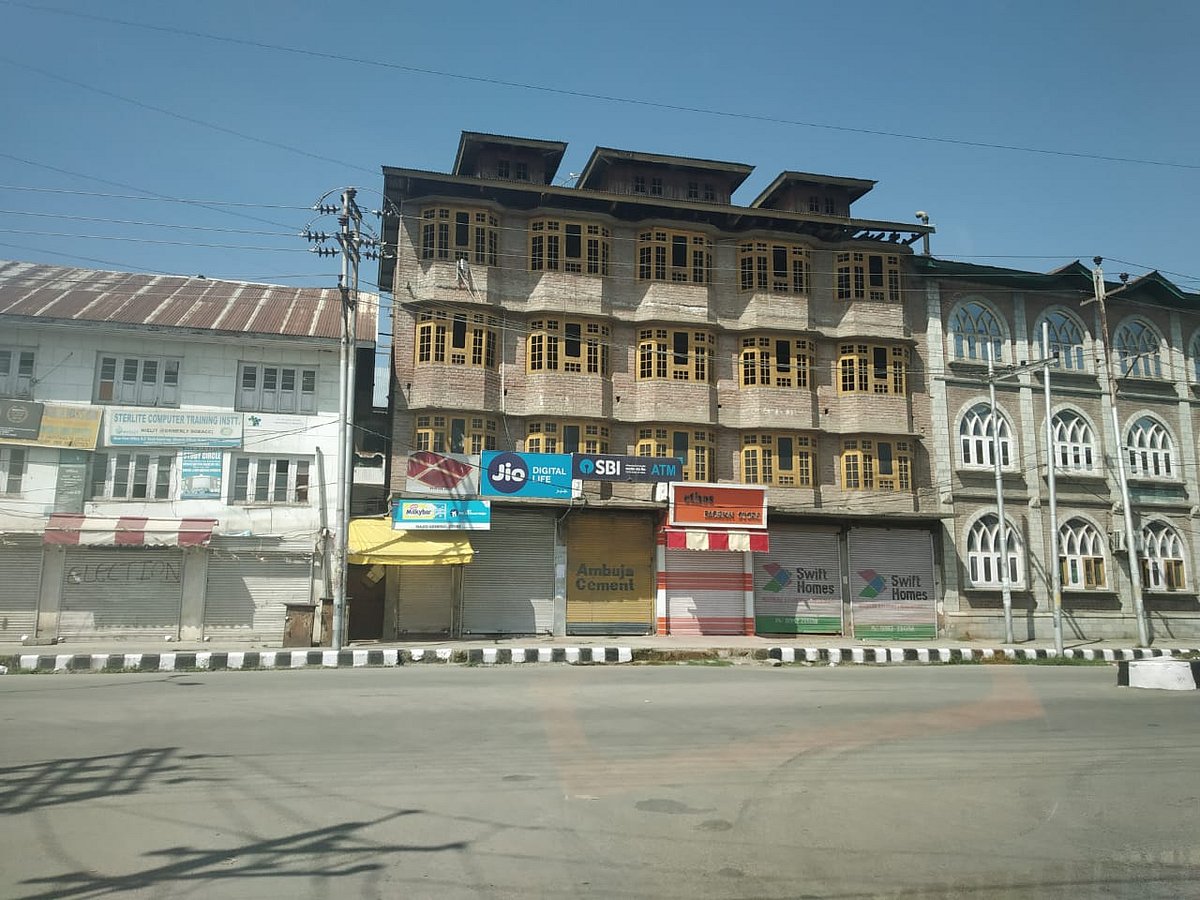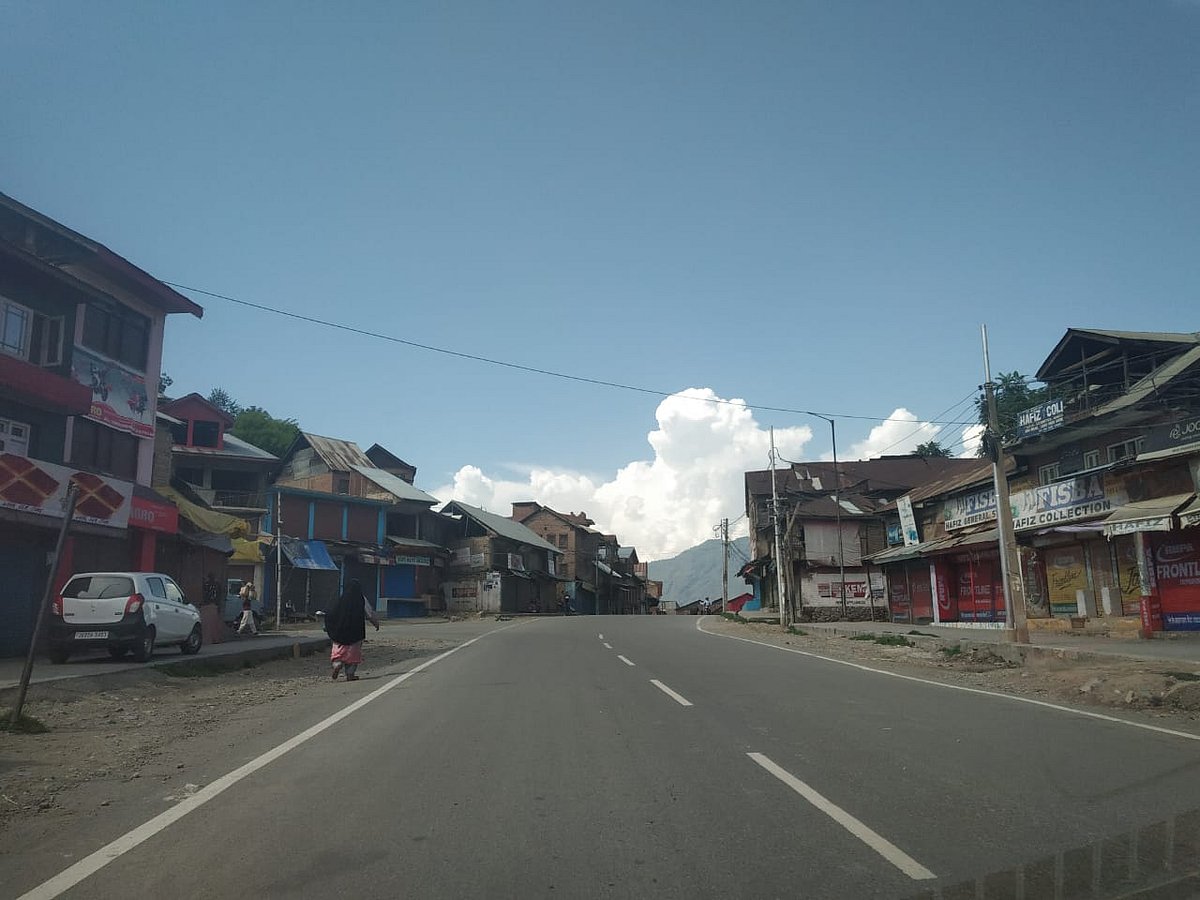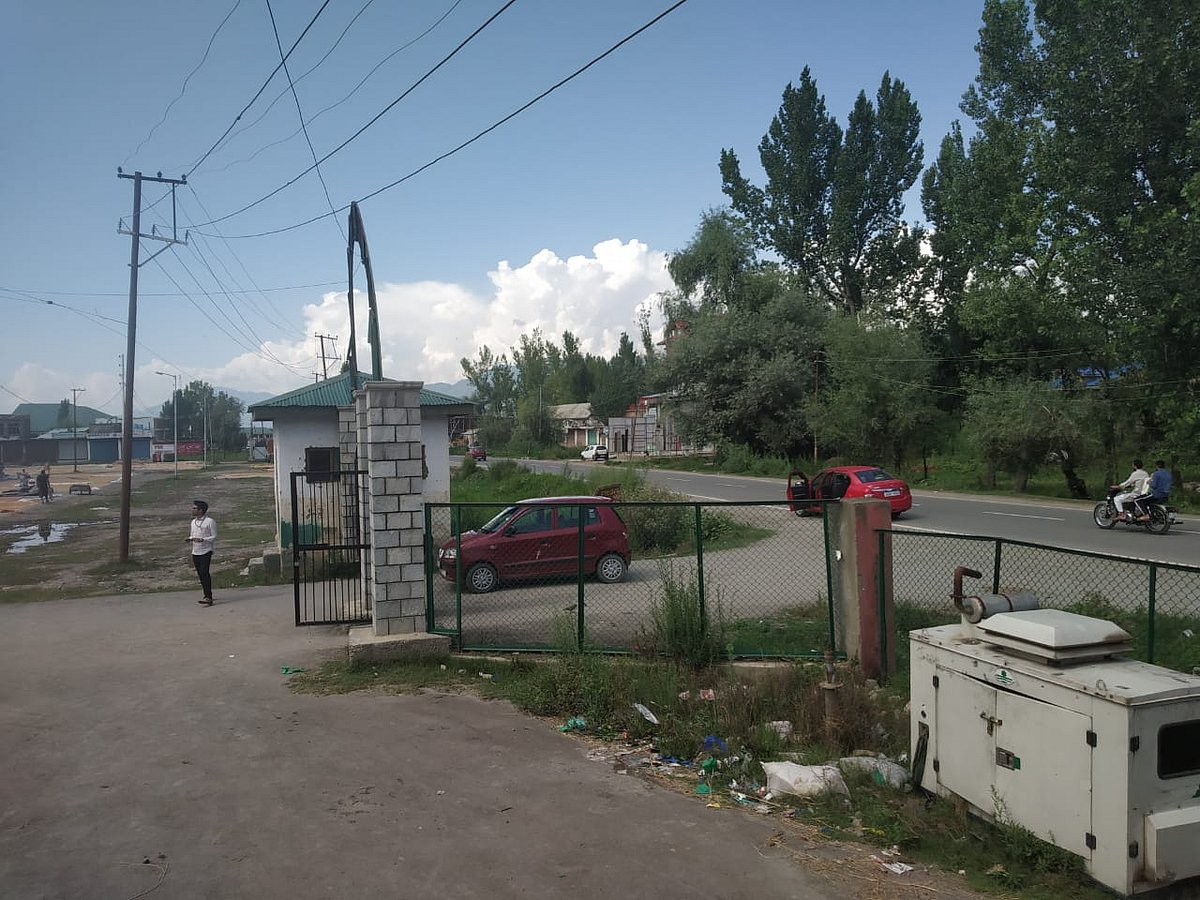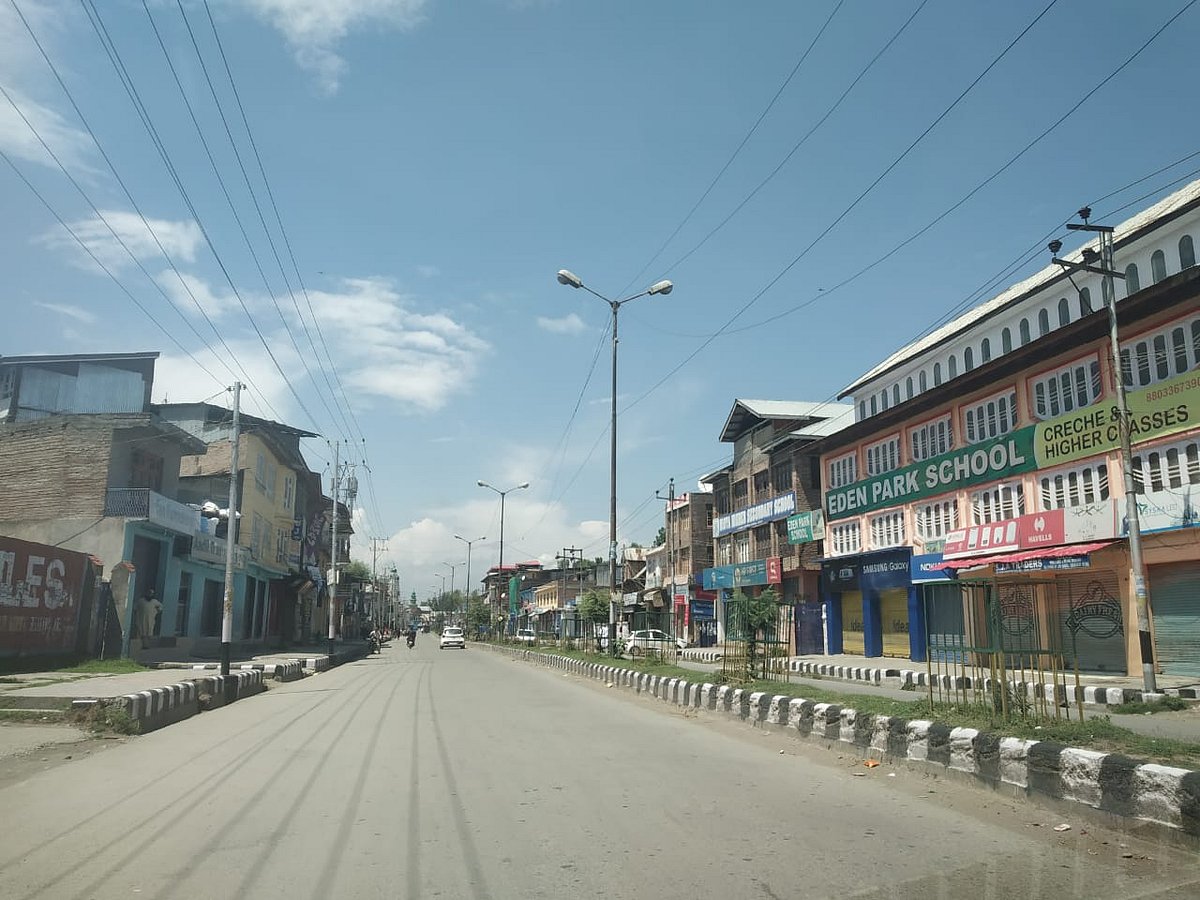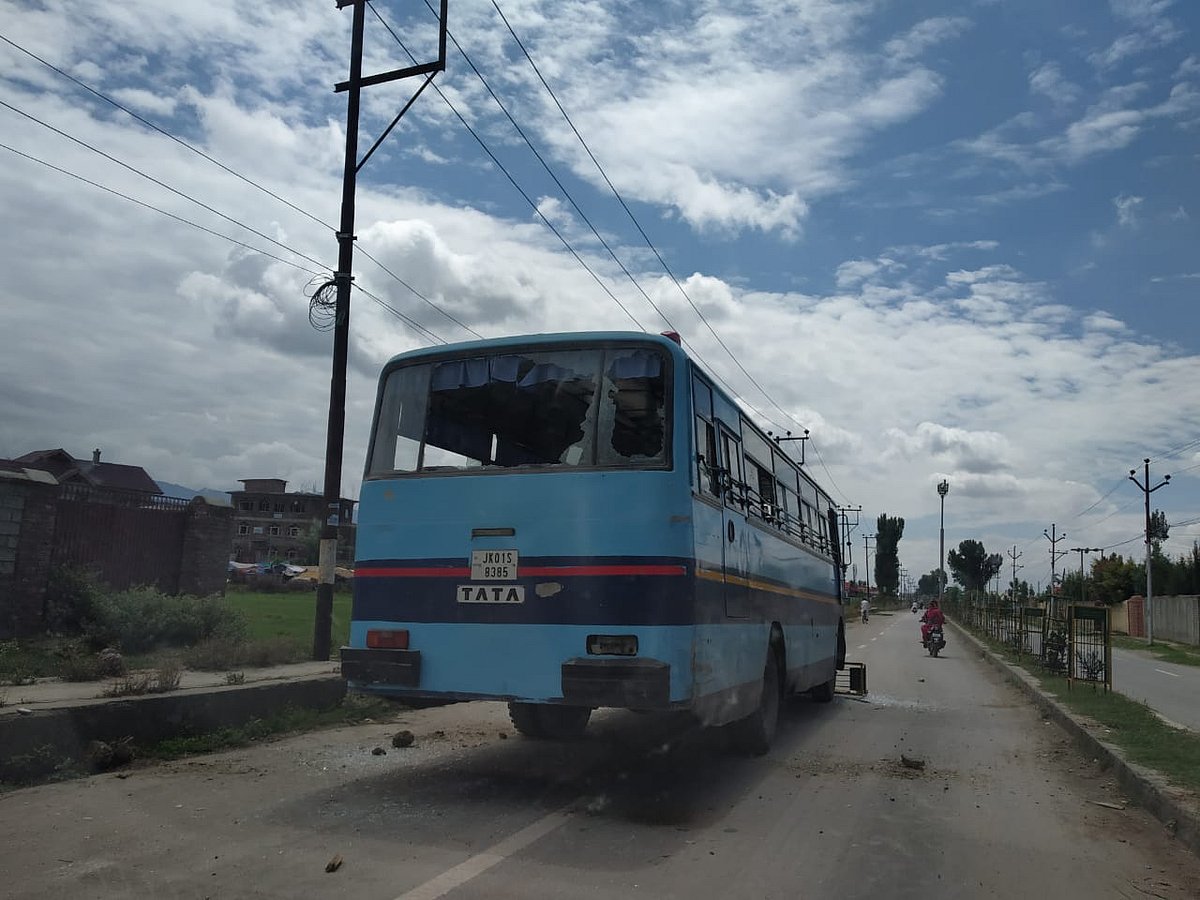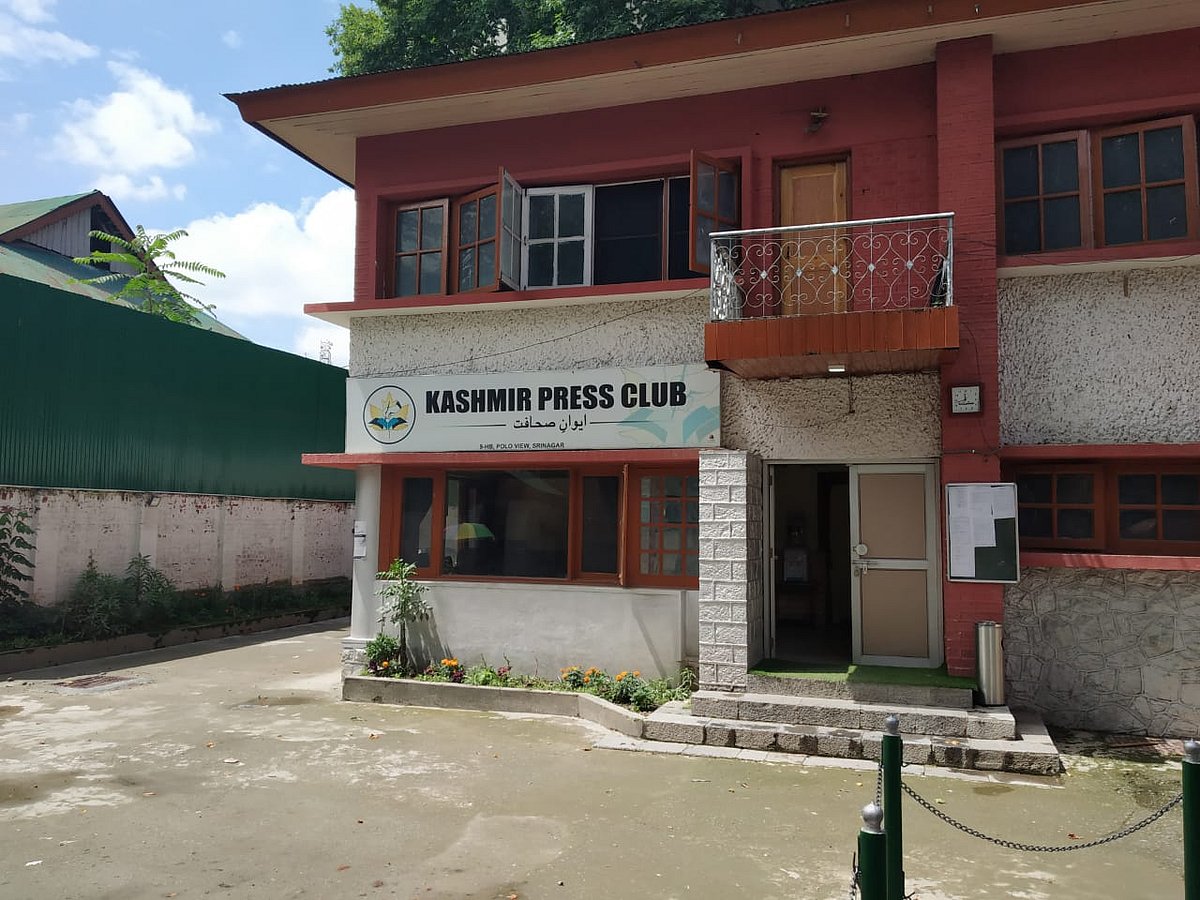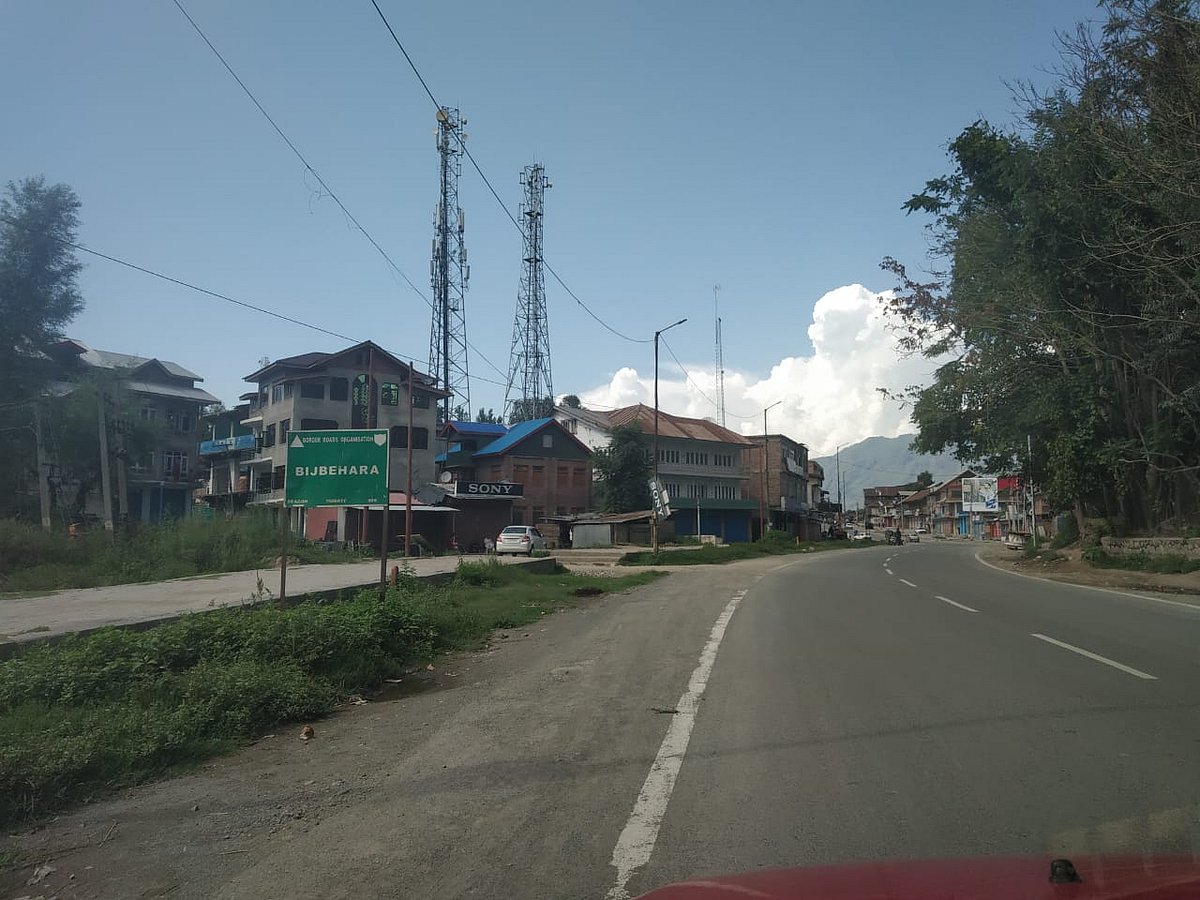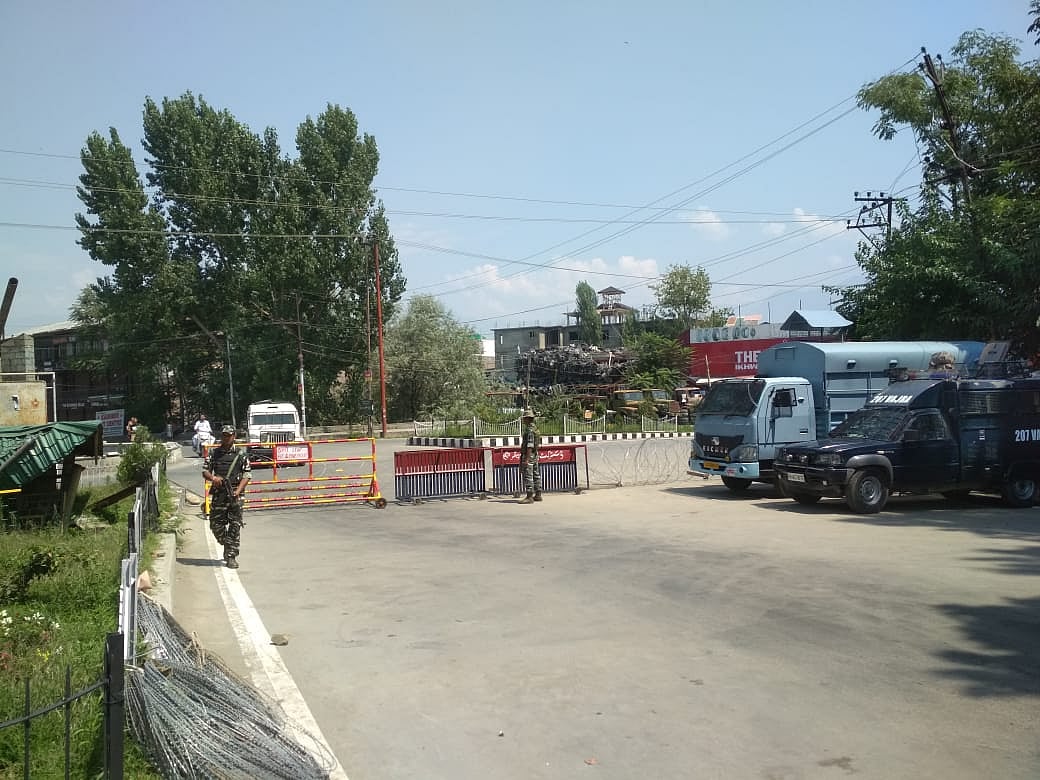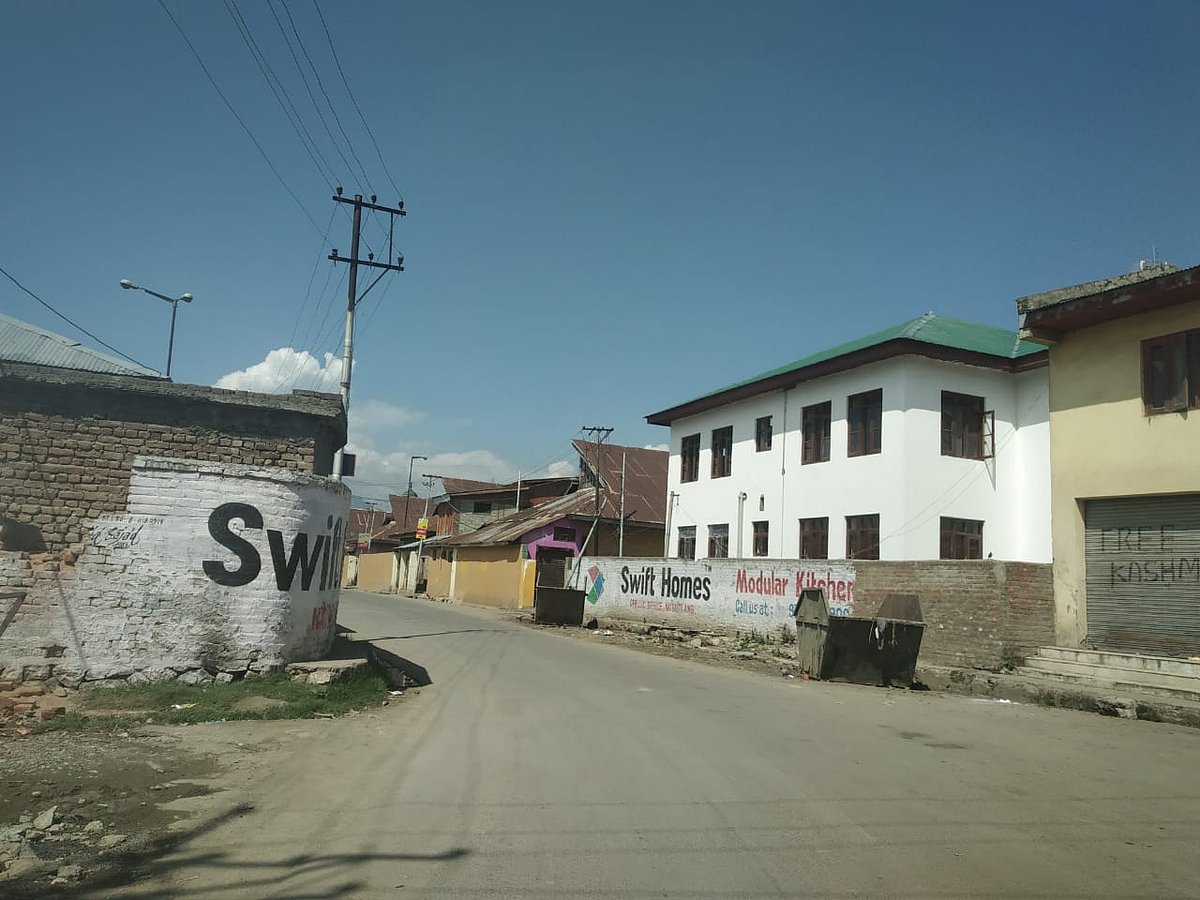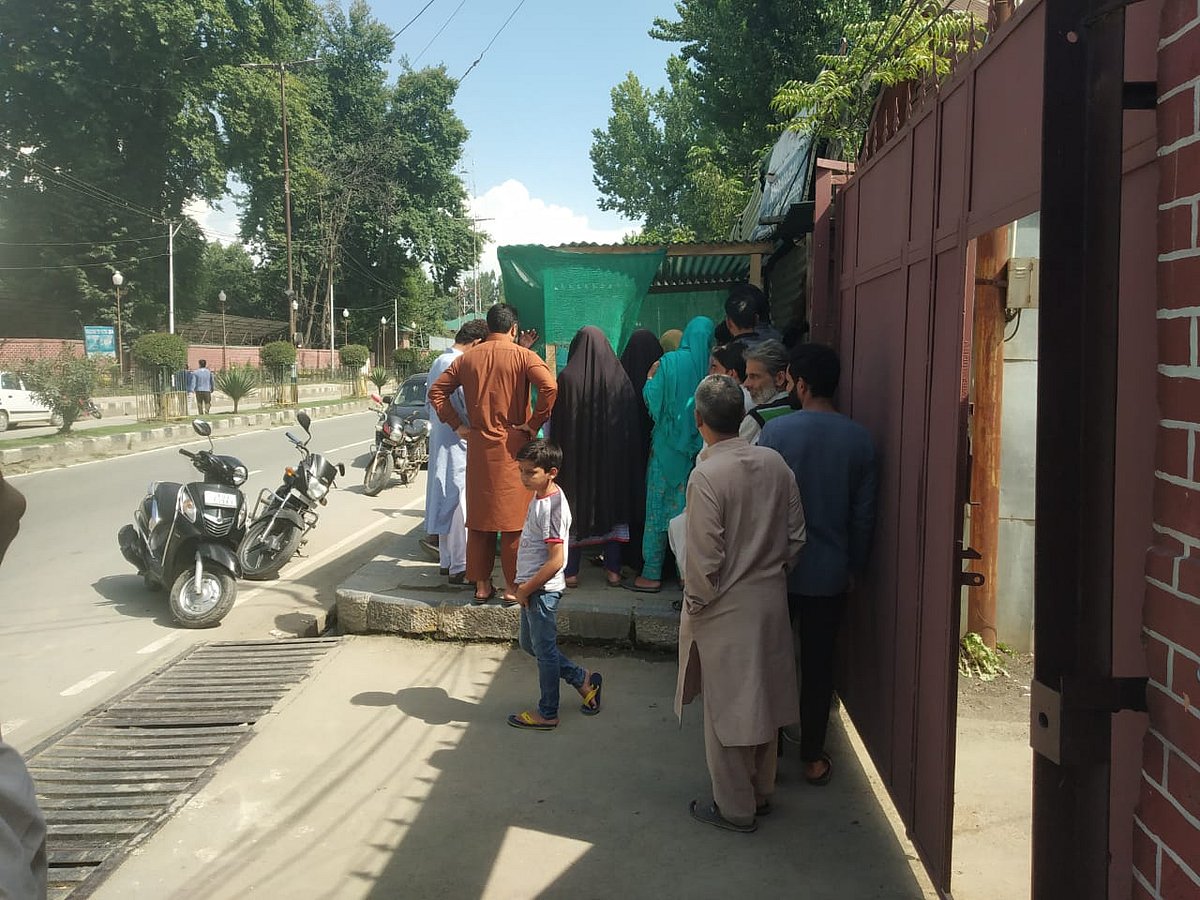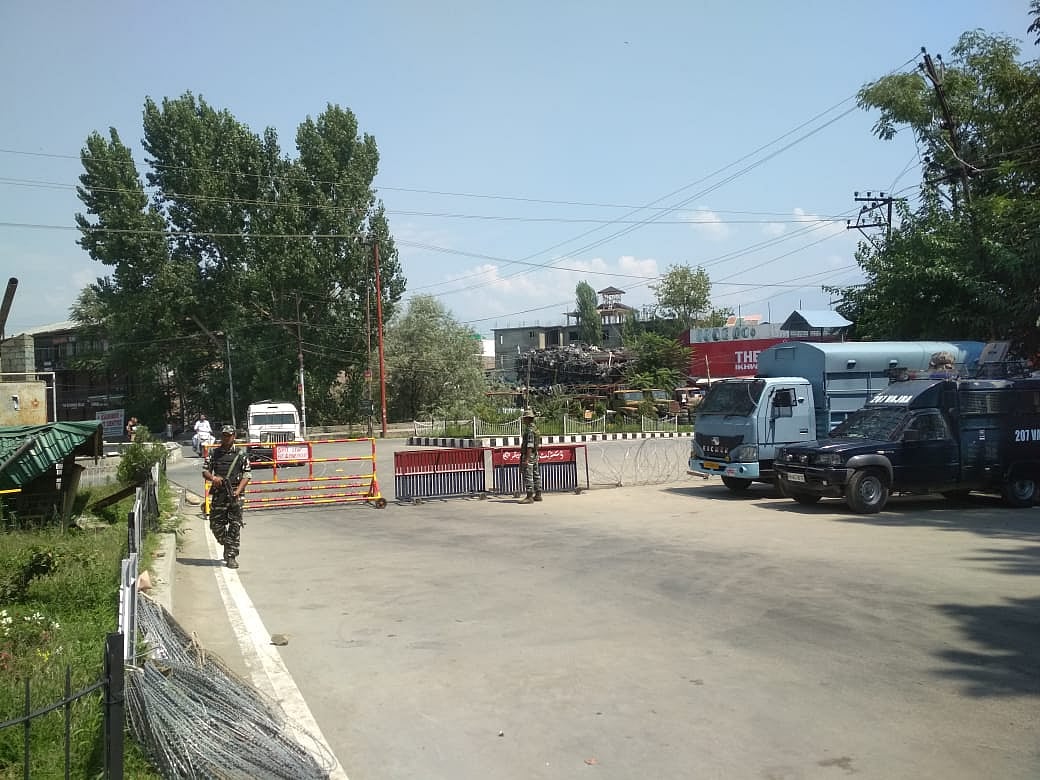Article 370: People’s curfew now in force in the Valley
The government shut down Jammu Kashmir on August 5 and now the people have decided they won’t open leading way to a people’s curfew

The government shutdown Jammu & Kashmir on August 5 and now the people have decided they won’t open giving way to a people’s curfew. There has been no call from any political leader – Separatist or otherwise – to shut down the Valley. This is even as authorities have announced relaxation of prohibitory orders, even though on Friday, there were harsher restrictions in place that the rest of the week. But, Saturday these restrictions were expected to be relaxed.
People have been refusing to open up, say residents of the Valley. Schools are shut as students haven’t been going and neither are parents willing to send with the opening of any communication lines, grocery shops, bakeries and several other shops have continued to remain shuttered. Meat shops keep their shutters half open in the evening, some grocers also do the same and a few chemists open during the day.
Unlike the curfew in 2016 when after the killing of Burhan Wani the city had erupted in protests, this time the citizens have decided to impose on themselves a civil curfew. They have decided they will not open their establishments or schools. A few protests have been reported in regions around Srinagar with news reports from Saura stating that the residents were keeping out police officers.
But, according to sources in Kashmir, district officials have been trying to get schools to not remain shut and shopkeepers to open shops. But, it has found no takers. Public transportation has also been halted in the Valley and only a few private vehicles can be seen on the road and these are mostly two-wheelers. Within the city even the ever-present four-wheeler drive vehicles are not to be seen anywhere on the streets, said the source. Despite communication lines being opened, people still have to go to the police post to call their family.
“The people are angry. There is a sense of being betrayed. They are digging their heels in and have decided this time they will stay put without opening their establishments. Children will not be sent to school. How will parents know if anything will happen there and that their children are safe,” asked a Srinagar resident.
The central government had withdrawn Section 144 and a few government offices had begun to function. Internet and landline connections were beginning to be restored in the Valley. In the lead-up to the decision to scrap Article 370, the central government had sent more than 10,000 troops, imposed a curfew and shut down communication lines. Additionally, they had arrested political leaders including Hurriyat leader Mirwaiz Umar Farooq, National Conference leader Omar Abdullah and Mehbooba Mufti of People’s Democratic Party. Mirwaiz had been released but not the other two.
Follow us on: Facebook, Twitter, Google News, Instagram
Join our official telegram channel (@nationalherald) and stay updated with the latest headlines

